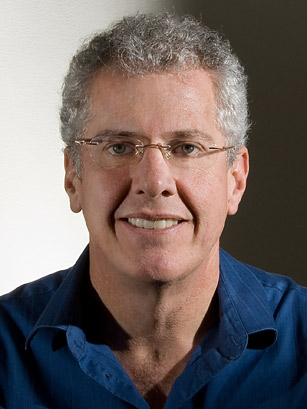
Dr. Robert Grant has been a quietly powerful force in HIV research for years. In the early 2000s it was Grant, a professor of medicine at University of California, San Francisco, and Gladstone Institute of Virology and Immunology, who pushed to test the potential of antiviral drugs — normally used to treat people who already have HIV — as a way to protect healthy, uninfected people from acquiring the virus. His first study of the medications in gay men wasn't popular — why test the drugs in healthy people when millions of HIV-positive patients didn't even have access to the medications? — but proved successful, lowering new infection rates among men taking the antivirals prophylactically.
But it wasn't until 2011 that Grant's true influence on the battle against AIDS finally emerged. His initial research set the stage for further studies of the treatment-as-prevention strategy in other populations. This year a groundbreaking study found that treating the uninfected partner in heterosexual couples — in which one person had HIV and the other did not — dramatically reduced the risk of transmission. Another study found that giving antiviral drugs to heterosexual men and women also cut their risk of infection. The findings are crucial, since it is the heterosexual population that currently bear the heaviest burden of new HIV infections around the world. With hopes for a vaccine continually receding and safe-sex campaigns of limited value, Grant's idea (along with other emerging prevention strategies, like male circumcision) has the potential to halt the AIDS epidemic by stopping infections from occurring in the first place.